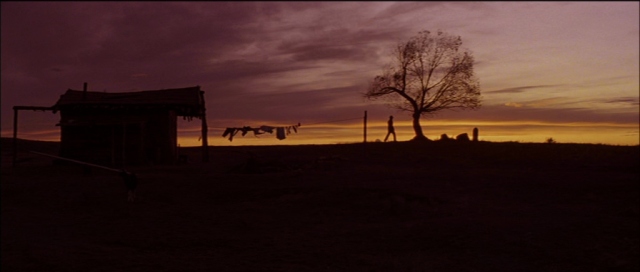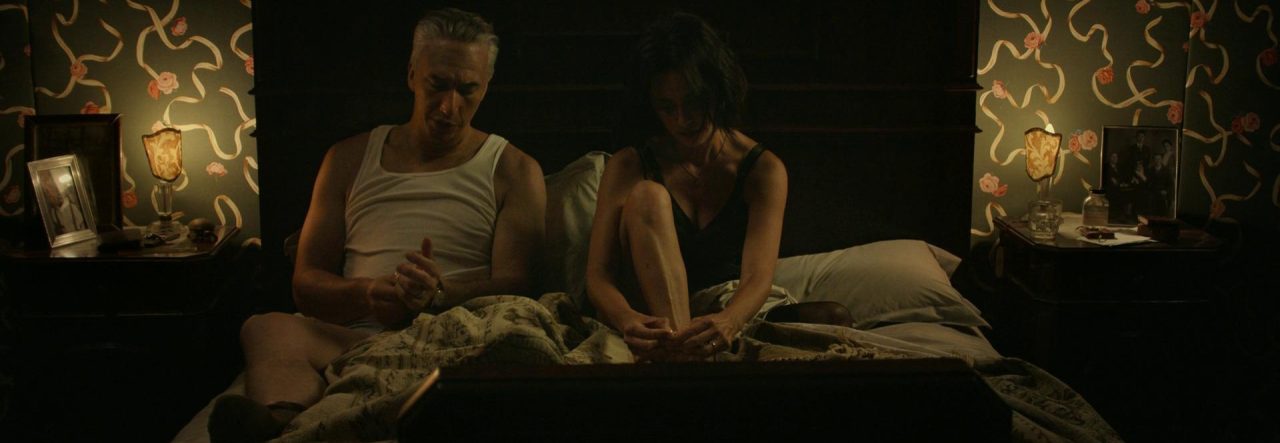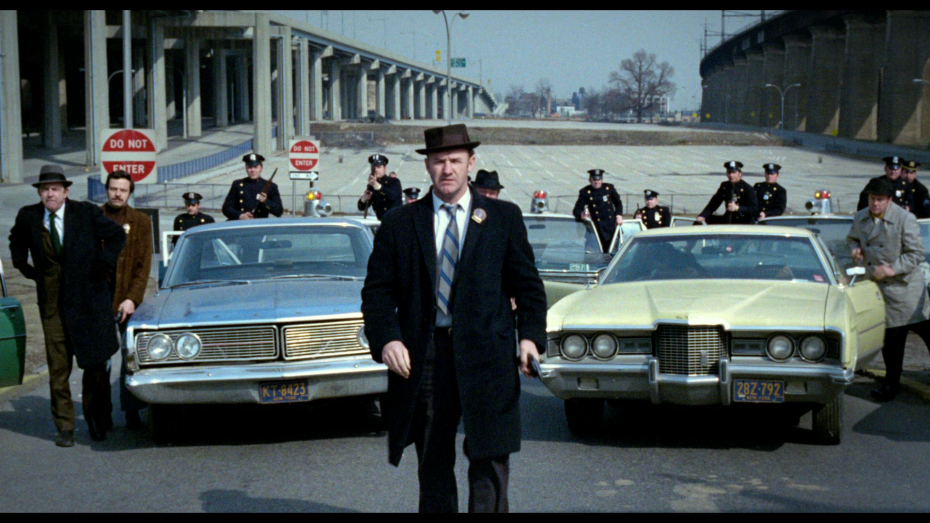 Unforgiven, Dir. Clint Eastwood, 1992, 130 mins
Unforgiven, Dir. Clint Eastwood, 1992, 130 mins
Yesterday, I watched Clint Eastwood’s Unforgiven again; probably for the first time in several years. Watching it, I wondered how I had left it so long. Some films, they are so good you could rewatch them every year; and yet we don’t. Maybe that’s a healthy thing, there is a danger of boredom in repetition. I have a friend who rewatches the films in his DVD collection far too often for it to be considered healthy, to the point at which I wonder if he’s ever really watching them – I mean, WATCHING them- or if instead the images just fleet past his eyes absently and he’s just tuned out without even realising it.
What a wonderful film Unforgiven is, though- what a pleasure to watch Clint Eastwood, such a cinematic icon, and arguably here still in his prime (he was 62 when this was released), and of course Gene Hackman, too, an actor who is so missed in films today- although it could well be argued that today’s films aren’t worthy of him, so who could blame him for retiring. Not forgetting, of course, Morgan Freeman, here another example of him, as he always seems to, making everything seem so effortless. My goodness, such a cast this film has (and I had not yet mentioned Richard Harris); isn’t it something magical, a great film with such a great cast? Its like planets reaching some celestial alignment.
I must confess, though, to being quietly appalled at the realisation that this film is now over thirty years old. I recall very clearly seeing it in its cinema release – it was in the then-new Showcase multiplex cinema, itself now gone. Hard to believe. Thirty years.
Measuring the passage of time by the anniversaries of films is worse than judging it by peoples birthdays, I reckon. Were we still renting/buying films on VHS back then? Measuring it by home video formats is even more concerning, just makes it seem even longer ago.

 I’d watched Marooned (1969) once before; it would have been late-‘seventies, or early ‘eighties, certainly post-Star Wars, and on a network screening as part of a film-season of sci-fi movies, something which happened quite a lot back then. Over the decades since, I’ve occasionally seen moments of it again during subsequent television airings. Its not a film that has aged particularly well, even if it did win the 1970 Academy Award for Special Visual Effects, something which is perhaps indicative of how much of a game-changer Star Wars would be several years later. Its littered with numerous technical goofs, too, which unfortunately undermines much of the sense of reality the film gains by using NASA assets and locations.
I’d watched Marooned (1969) once before; it would have been late-‘seventies, or early ‘eighties, certainly post-Star Wars, and on a network screening as part of a film-season of sci-fi movies, something which happened quite a lot back then. Over the decades since, I’ve occasionally seen moments of it again during subsequent television airings. Its not a film that has aged particularly well, even if it did win the 1970 Academy Award for Special Visual Effects, something which is perhaps indicative of how much of a game-changer Star Wars would be several years later. Its littered with numerous technical goofs, too, which unfortunately undermines much of the sense of reality the film gains by using NASA assets and locations.